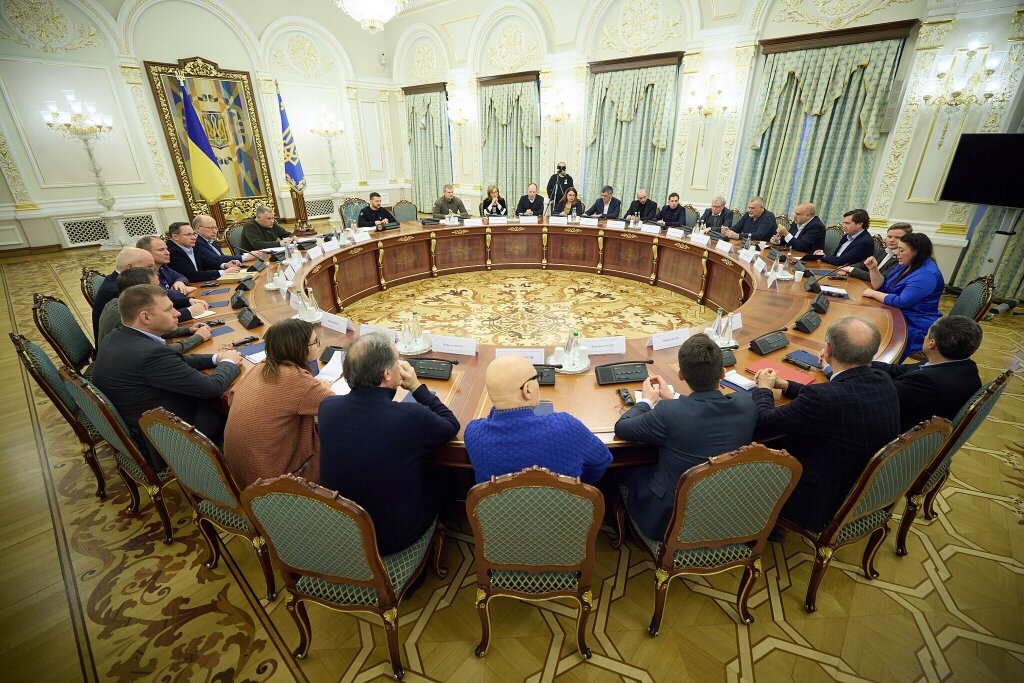This event will be hosted in hybrid format. RSVP to attend in person. Please RSVP by no later than 9 am on March 4. Register for the Zoom meeting.
How do legislative networks affect politics? This project examines the effect of lawmaking activities in the Ukrainian parliament on corruption, political survival, and lawmaking activities. In addition to conventional party and fraction ties, Ukrainian legislators tend to form networks through unelected parliamentary staff where personal legislative assistants serve as human links between members of parliament. Dr. Vlasenko suggests that a higher number of legislator’s ties within such networks is associated with increased returns to office through participation in corruption schemes, better chances of reelection, and higher frequency of legislative co-sponsorship. This effect of legislative networks exists due to proliferation of clientelist relations aided by Ukrainian oligarchs. The study implies that rent-seeking and vote-buying behavior is made possible by low levels of accountability and transparency which are typical for countries with weak democratic institutions.
Dr. Anastasiia Vlasenko is a Postdoctoral Research Scholar in the Harriman Institute at Columbia University. She is also a recent HURI Research Fellow at Harvard’s Ukrainian Research Institute and a recent Postdoctoral Fellow at the NYU Jordan Center for the Advanced Study of Russia. She studies legislative politics and democratization with specialization in politics of Ukraine. Her monograph project, ‘Legislators in Networks: Corruption, Clientelism, and Law Making’ investigates how legislative networks formed through parliamentary aids can affect rent-seeking behavior in the Ukrainian parliament. Vlasenko is particularly interested in the study of corruption, legislative politics, transitional period reforms, propaganda, electoral politics, and forecasting. Her research has been published in the Journal of Politics. Vlasenko received her Ph.D. from the Department of Political Science at Florida State University in 2022. In 2020-2021, she worked at the Hertie School in Berlin as a visiting researcher. At Florida State University and New York University, Vlasenko taught courses on comparative politics, public policy, quantitative methods, and post-Soviet studies.



